|
Travelling overland in Iran and working on a documentary it seems incredibly apt to write a blog about two of the most inspirational adventurers we’ve come across, Issa and Abdullah Omidvar. During the mid 1950’s two valiant brothers from Iran, with $180 between them, decided to go on an adventure that would take them around the world. A daring journey that would carry them through some of the most challenging terrain. Initially setting off on two British 500cc Matchless motorcycles armed with photography and film making equipment the brothers headed east through Pakistan, India, South-East Asia and Australia. They crossed the Pacific from Japan to Alaska, headed to the Arctic and then south through Canada and the Americas, travelling the entire length of the Andes, to finish with a trip to the Antarctic. Their homeward stretch took them through Europe back to Iran after a 7-year adventure of a lifetime. A brief stint at home saw the two young brothers catch a bad dose of ‘itchy feet’. Refuelled and raring to go in their newly donated Citroen 2CV van the brothers headed across the gulf to Mecca and then on to complete a 3-year anti-clockwise lap of Africa including the arduous task of getting through the Ituri rainforest in the Congo. Their eagerness to immerse themselves into other cultures as they travelled led to the pair shooting incredibly perceptive anthropological short documentaries about the tribes people they set out to encounter. It is this defiant attitude towards the unknown that leads to remarkable encounters. For us the most memorable stories have come from diving headfirst into the unknown! Throughout their 10-year expedition they had the opportunity to make films about Congo Pygmies (the short ones), Nilotic peoples (the tall ones), Amazonian cannibals, Polynesian islanders, Aborigines and the Eskimos living in the frozen lands of the Arctic. The films document a time before globalization and outside influence where countries of pure beauty existed before being tainted by the industrial invasion from the west; countries where the people seem less jaded and weary of foreigners, happier and more comfortable & self-assured. British Pathé newsreels and other documentaries of the time were produced from a belittling western perspective with an air of colonial conceited arrogance. The Omidvar brother’s films offer a unique counterpoint where respect and a willingness to learn are the basis of kinship. This simple value is epitomised beautifully by their motto hand painted across the front mudguards of their bikes "All different, all relative". This affinity with the people they met often put them in a unique position, not of an outsider, but of an accepted member of the tribe. Issa and Abdullah produced and edited the films on the road. As they travelled from town to town they would deliver lectures and screenings in any establishment that would take them from small village halls to big universities. As a result various newspapers wrote about their explorations leading to a certain degree of fame. To quote Issa “We had the opportunity of visiting, and holding talks with most presidents, prime ministers, kings and cultural personalities of the world”. Their autograph book is testament to this. In the late 1960’s their adventures were broadcast as a weekly TV show gaining them near celebrity status in Iran. In 2002 a prominent museum dedicated to their travels opened in the Gate House to the Green Palace in the Sa’d abad Cultural complex. The museum is a fascinating insight into the lives of the two brothers and features their camera equipment as well as many of the artefacts and photographs, collected and taken from 1954-1964. One of the most interesting and macabre items is a human shrunken head that was gifted to the brothers by the Jivaro Tribe in the heart of the Amazon. Visiting the museum and marvelling at the amazing photographs made us realise one thing in particular, it is the photographs that convey the passing of time that are really interesting! Culture, lifestyle, fashion and ‘the everyday’ change faster than a timeless landscape! As we travel around Iran it is clear that the Omidvar’s ethos of friendship through mutual respect and understanding is a value that is still fully ingrained into Iranian culture.
Unfortunately the inclination to ignore preconceived typecasts and a willingness of openness, acceptance and understanding towards strangers is not practiced to the same degree in western culture; it is a lesson that many of us could learn from. It is this simple characteristic that opened many doors for the Omidvar brothers and the wisdom of their learnings as intrepid adventurers is summed up simply by one word painted on the rear of one of the motorcycles “Peace”.
1 Comment
1/7/2018 06:21:51 pm
I would like to buy a copy of the Omidvar Brothers book in English.
Reply
Your comment will be posted after it is approved.
Leave a Reply. |
Archives
July 2020
Categories
All
|
Proudly powered by Weebly

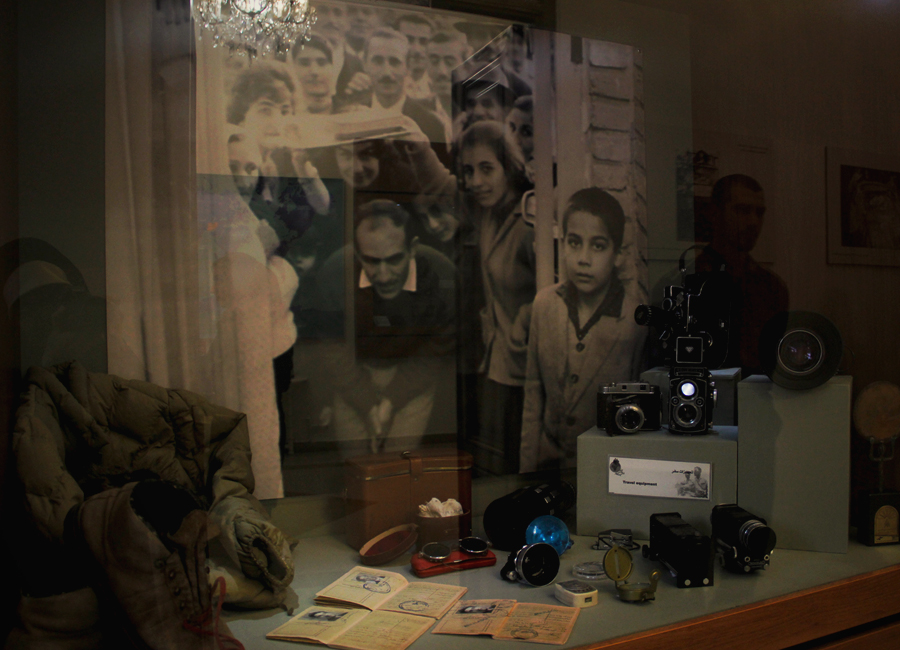
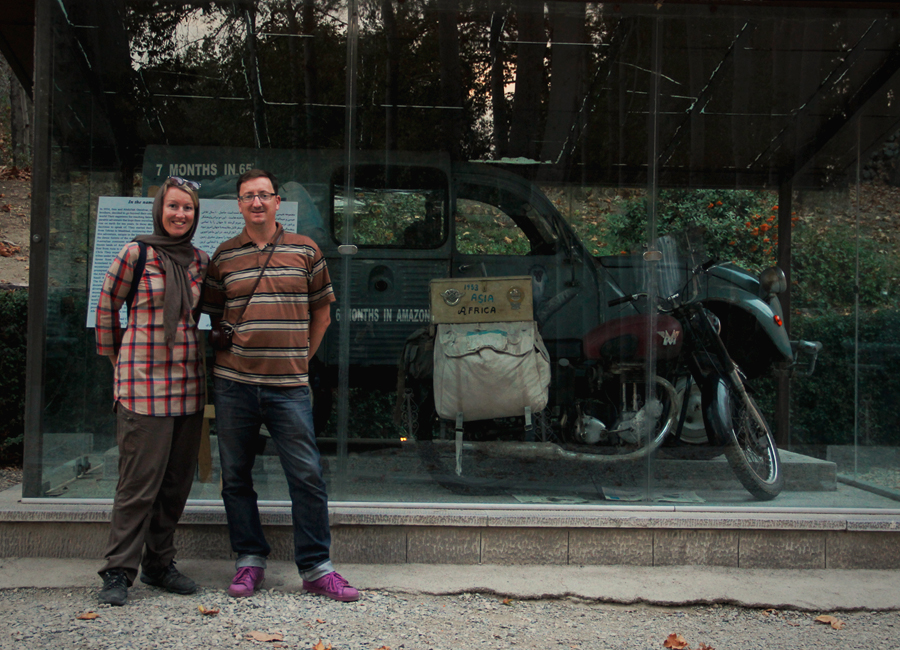
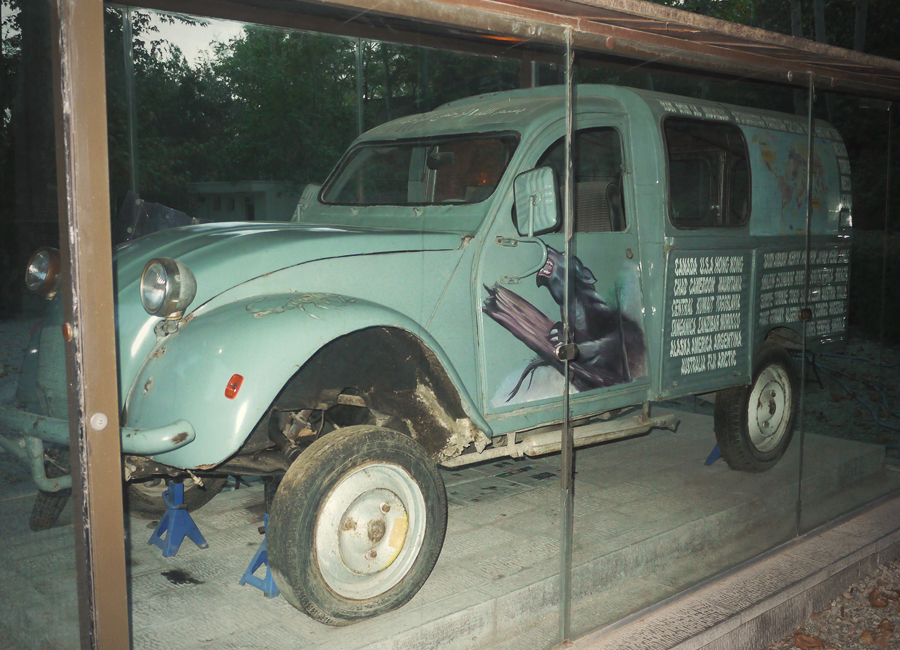
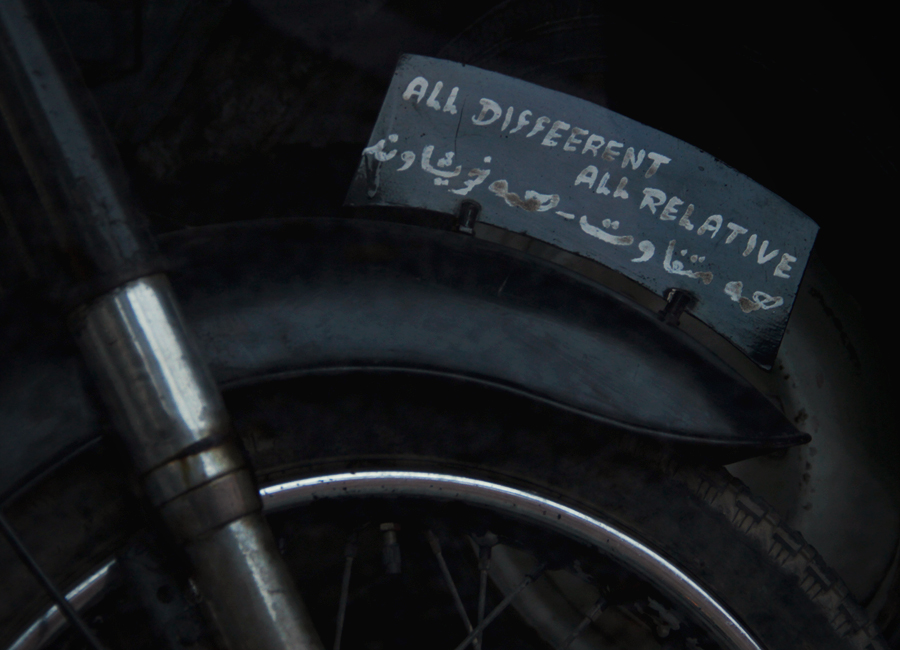
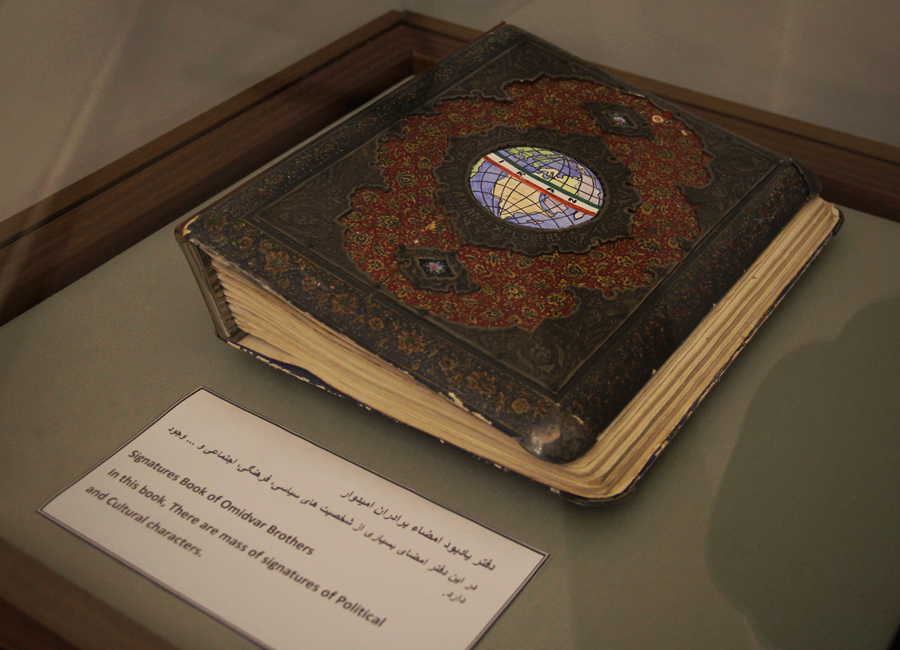
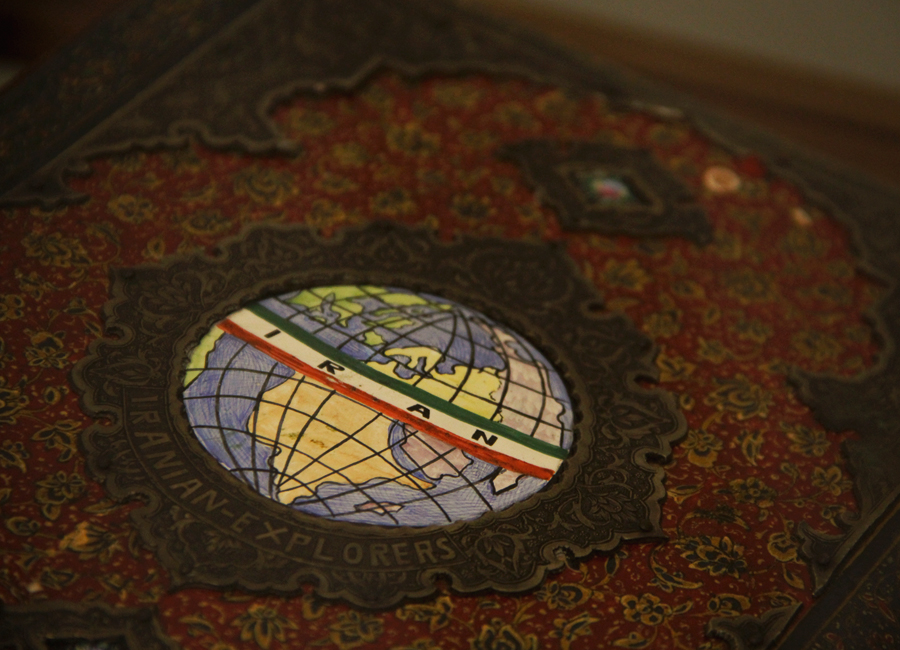
 RSS Feed
RSS Feed